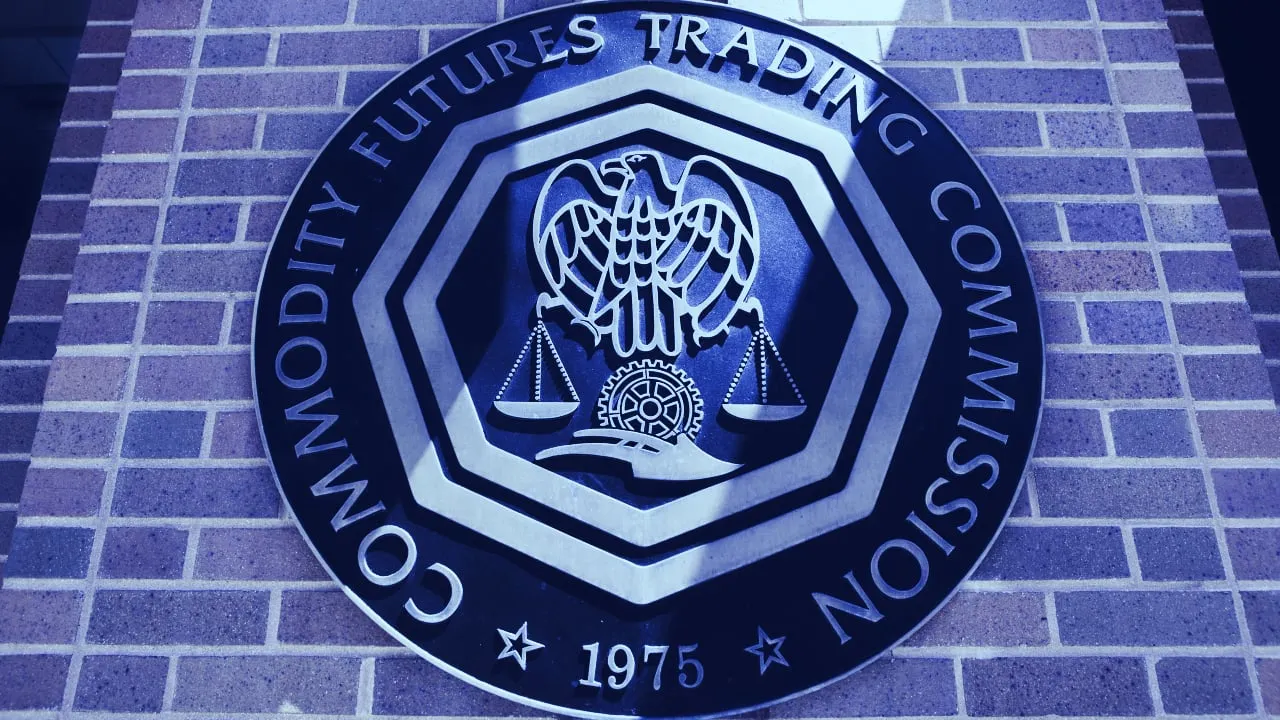In brief
- The CFTC yesterday published its strategic plan for 2020-2024.
- The plan includes the need for "responsible innovation in digital assets."
- CFTC currently regulates crypto derivatives products, such as Bitcoin and Ethereum futures trading.
We do the research, you get the alpha!
The Commodity Futures Trading Commission (CFTC) wants to get a handle on crypto assets by 2024.
The CFTC stated its goal to “develop a holistic framework to promote responsible innovation in digital assets” in a finalized version of its strategic plan for 2020-2024. The plan was first approved in May and open for a 30-day commentary period in June, before being published yesterday.
Broken into five parts, the CFTC’s report details its plans to improve the “resilience and integrity” of America’s derivatives markets. The organization is also looking to boost its regulatory tactics while encouraging innovation, and the CFTC says it will be tough on “those who break the rules.”
And part of that broader mission for US markets involves the regulation of crypto assets, such as Bitcoin and Ethereum. The CFTC considers both Bitcoin and ETH to be commodities, and the Commission has begun issuing designated contract market (DCM) licenses to exchanges specializing in futures contracts on digital assets. One recent example includes the TD Ameritrade-backed ErisX, which launched the first Ethereum futures trading platform regulated by the CFTC last May.
The Commission’s strategic plan acknowledges that derivatives markets have undergone heavy digital transformation over the years, thereby presenting many new opportunities—and risks—to traders. The CFTC said it will develop a “holistic framework” to push responsible innovation in digital currencies by making its decision-making processes more transparent and removing any regulatory burdens that do not positively serve markets.
“This is a bipartisan, consensus plan that can stand the test of time,” explained CFTC Chairman Heath P. Tarbert in a statement. “I am proud of the hard work that went into developing the plan and the unanimous support it ultimately received. It will guide the last of the CFTC’s unfinished business to completion and better position the agency to tackle the unwritten future.”
While the CFTC currently oversees some of the action in the BTC and ETH markets, how regulators should treat the third-largest cryptocurrency by market cap, Ripple’s XRP, is still up in the air. Former CFTC Chairman Chris Giancarlo has expressed his opinion that XRP is not a security, though his connection with Willkie Farr & Gallagher—a law firm that represents Ripple—has led some to question his impartiality.
Ripple is currently tied up in a class-action lawsuit from early investors who claim that XRP is, in fact, a security under US law and that Ripple misrepresented the crypto’s status when it was first sold.





